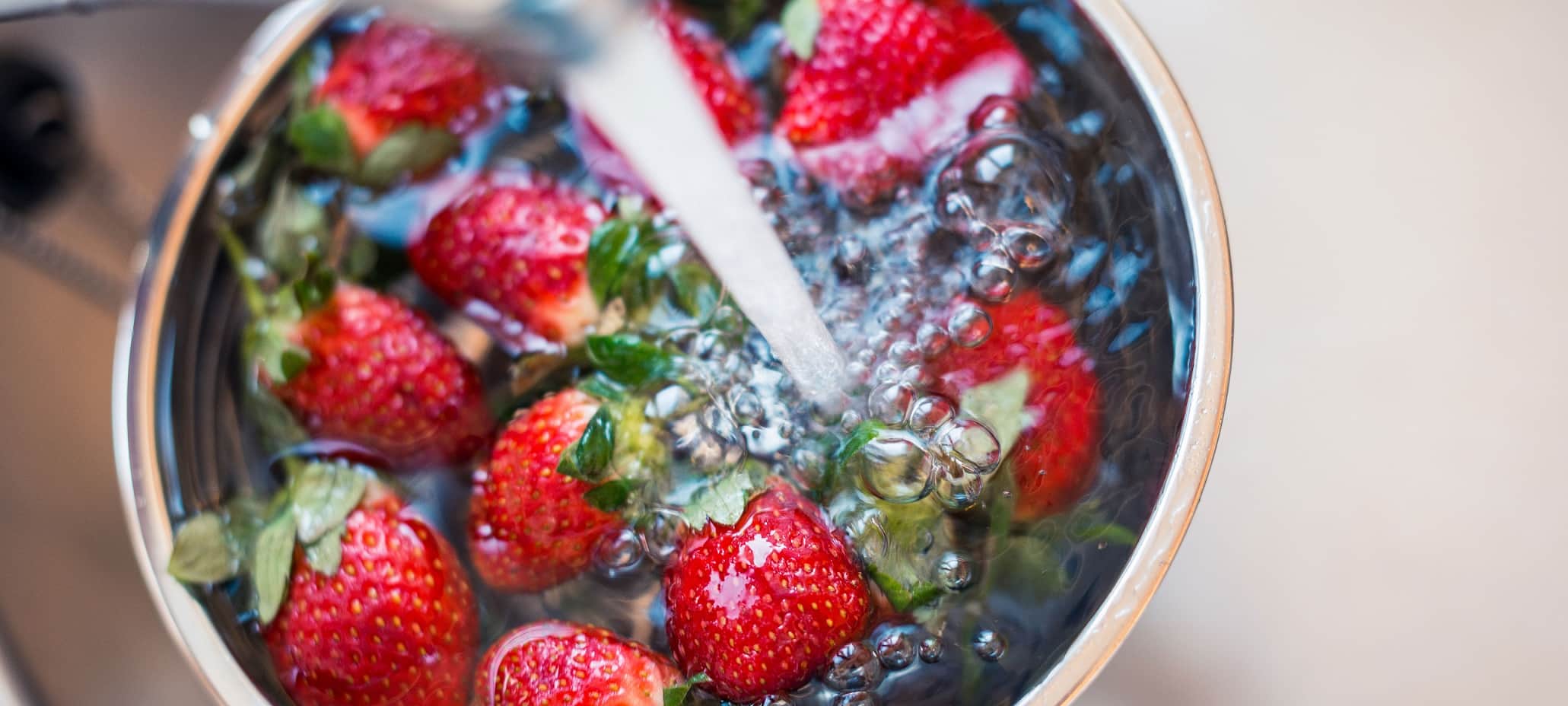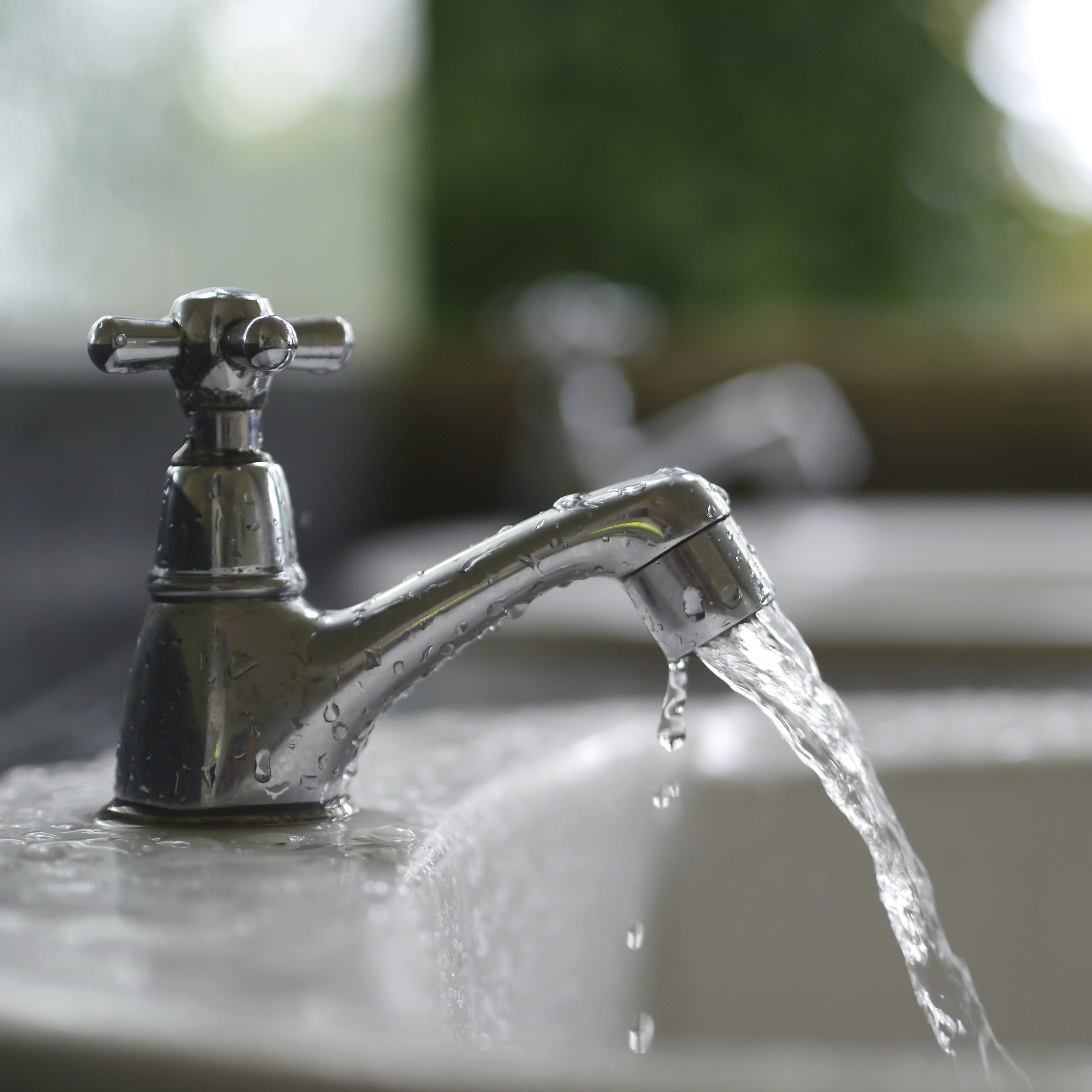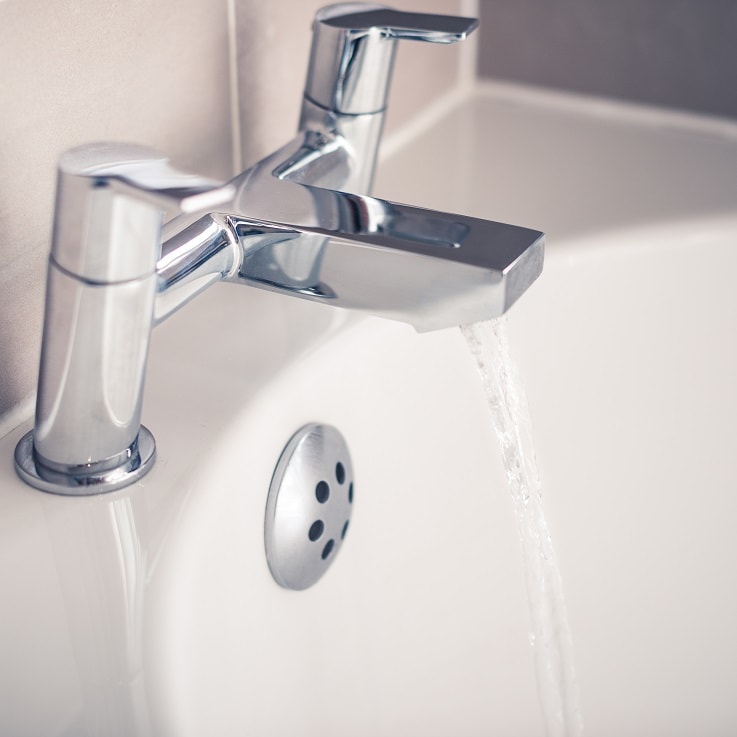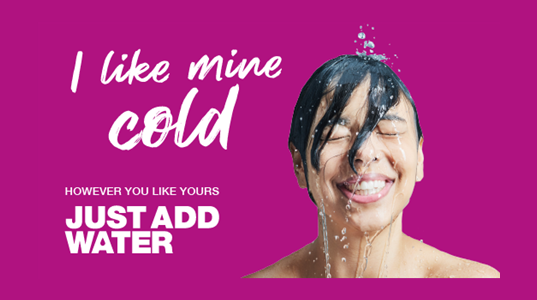
What is hard water?
Hard water is water with a higher concentration of natural minerals. The minerals come from the ground and rocks near or in the water source.
Your water is probably hard if it comes from a source near limestone or chalk rocks, or contains groundwater.
How can I tell if I have hard water?
You can find out the hardness and water quality for where you live, by entering a postcode or address here.
What does it mean for me?
If you have hard water, you might notice white scale build up in your appliances and taps, or a sheen on the surface of hot drinks. It isn't harmful, but we understand it can be a nuisance.
You can reduce the effects of water hardness on your appliances by using a softener. A softener swaps calcium and magnesium with sodium.
Please note that we don't recommend using softeners on kitchen taps, especially for babies and people on sodium-restricted diets.
You can also reduce white scale build in your kettle by only boiling the water once.
If you do wish to use a softener, please make sure it's installed by a WaterSafe approved plumber (opens new window).
What about blended water?
We supply some areas with blended water, which is water from more than one source (like reservoirs and rivers). This means blended water can vary in hardness, and can sometimes be hard.
Why do we blend water?
We blend water to make sure we can keep up with demand. Using more than one source means our water resources are secure, and we're prepared for the future.
We treat our water from all sources to the same high standard, however you may notice a change in taste or smell. This is normal, and can often be improved by chilling your water in the fridge for an hour or so.
Downloadable content
Search our website
Are you sure?
Changes are waiting to be saved




